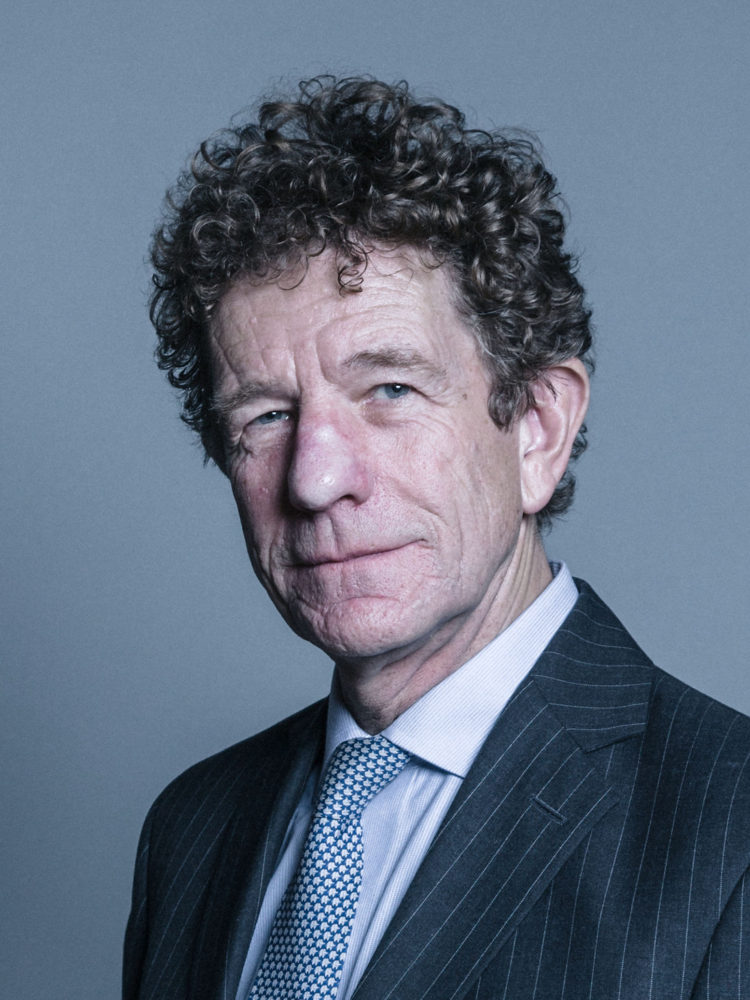By Ben Kerrigan-
Ministers planning a draft bill cracking doen on money laundering risk failing in its public policy aims because of a number of loopholes.The warning comes in a detailed report from MPs and peers into government proposals to introduce a publicly accessible register of overseas organisations and individuals owning land in Britain by 2021.
The joint report from the Lords and the Commons claims the aim to create a “hostile environment” for money launderers is at risk to due to a lack of “teeth”. The warning comes amid concern that 160 properties worth more than £4bn in total were identified as having been purchased by “high corruption-risk individuals” on 2017 alone.
The committee said that between 2004 and 2015, £180m worth of UK property was subjected to criminal investigation as the suspected proceeds of corruption. The draft Registration of Overseas Entities Bill plans to increase the transparency of who owns land in the United Kingdom. It has proposed a register, held by Companies House, demanding information about beneficial owners from w overseas entities trying to buy land in the UK have to enter information about their beneficial owners.. The Solicitors Regulation Authority have also been advised that owners might move property into trusts to avoid registration.
The Fifth Anti-Money Laundering Directive, to be introduced in January 2020, does require certain types of trusts to register. The report however adds that the government ‘will need to exercise great care in ensuring that trusts do not slip into any gaps between the two frameworks’.
Chairman of the joint committee, Lord Faulks (Edward Faulks QC),(pictured above) said: ‘The legislation is well drafted, but there are still some loopholes in the draft bill which, if unaddressed, could jeopardise the effectiveness of this important piece of legislation. Time is of the essence: the government must get on with improving this bill and making it law.’
Duncan Hames, director of policy at campaign group Transparency International UK, told the committee: ‘If we leave big loopholes, at the same time as taking strong action in one area, we should not be surprised if they are fully exploited.’
He later added: ‘The report is not just a green light for this draft legislation, it is an urgent cross-party call from parliament to act now on secretive ownership of UK real estate.’
Tom Beak, an associate in the real estate team at London firm Kingsley Napley, said: ‘Whilst the recommendations strengthen the bill, it is unlikely to make it impossible to launder money, just much harder.
‘It seems inevitable that the bill’s effectiveness will rely on the enhanced due diligence of acting solicitors to ensure that proposed buyers or sellers are appropriately registered.’
Between 2004 and 2015, £180m of UK property was subject to criminal investigation as suspected proceeds of corruption. It is feared this is just the tip of the iceberg. The committee’s witnesses suggested that a lack of information about anonymous owners often stands in the way of criminal investigations.

